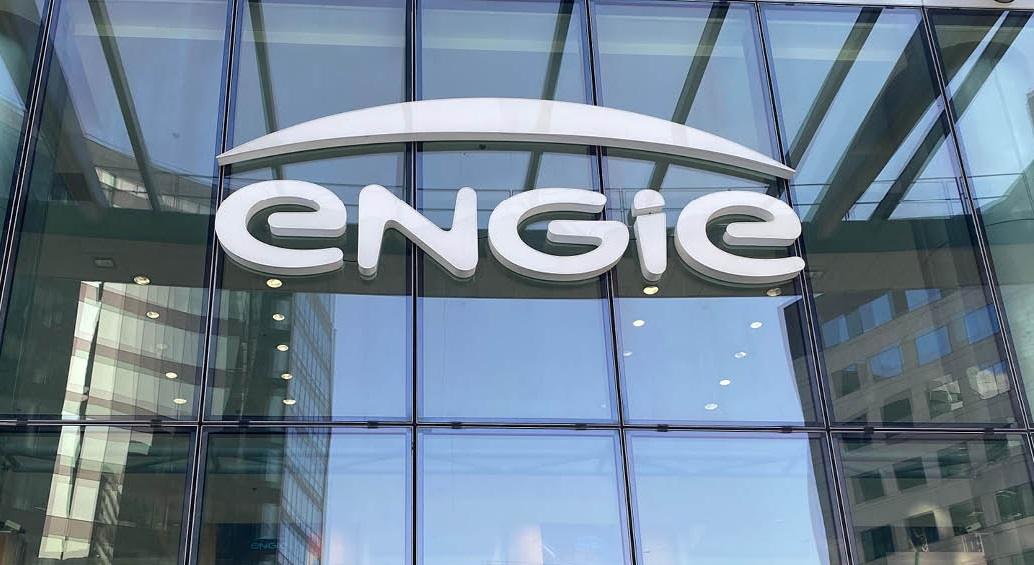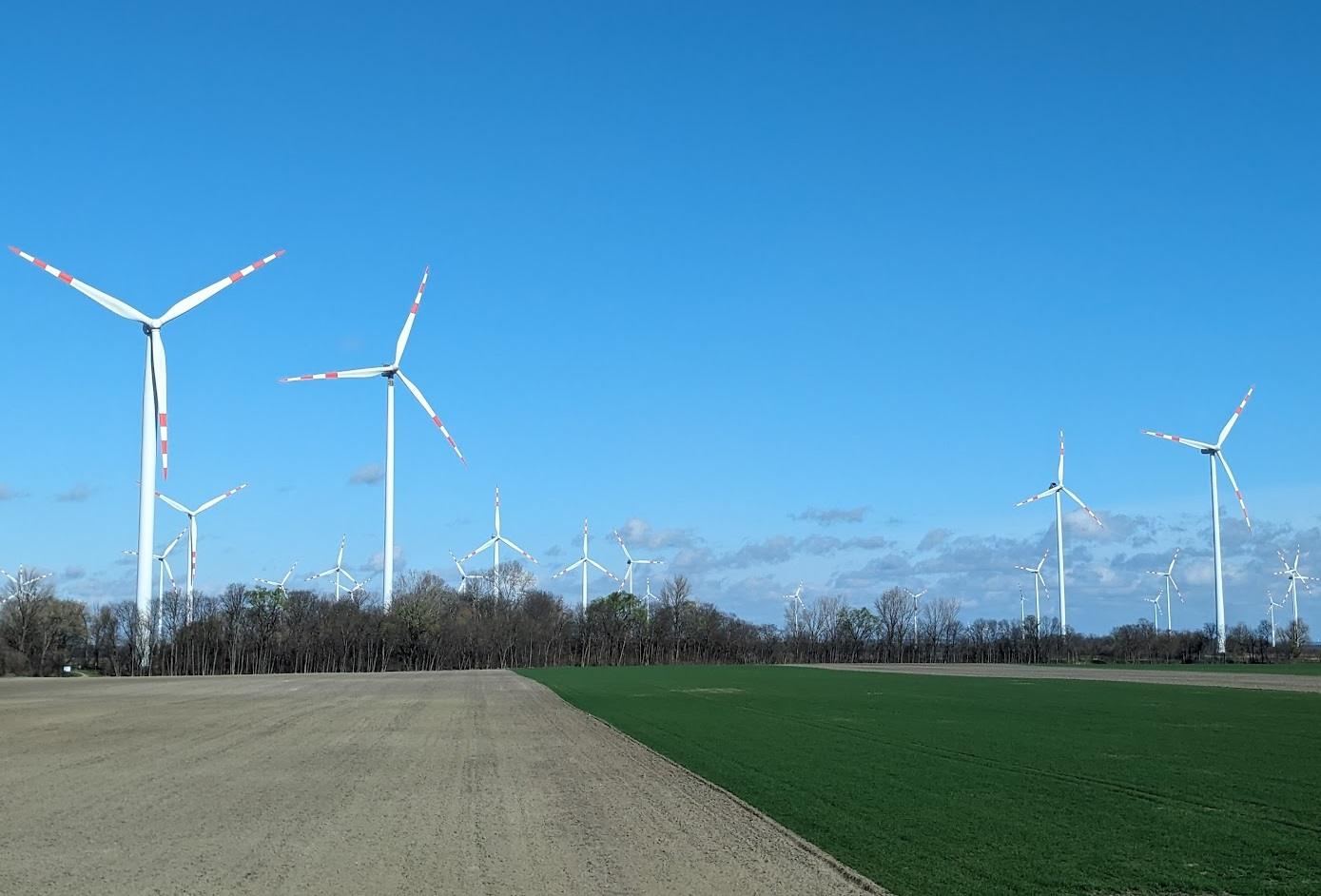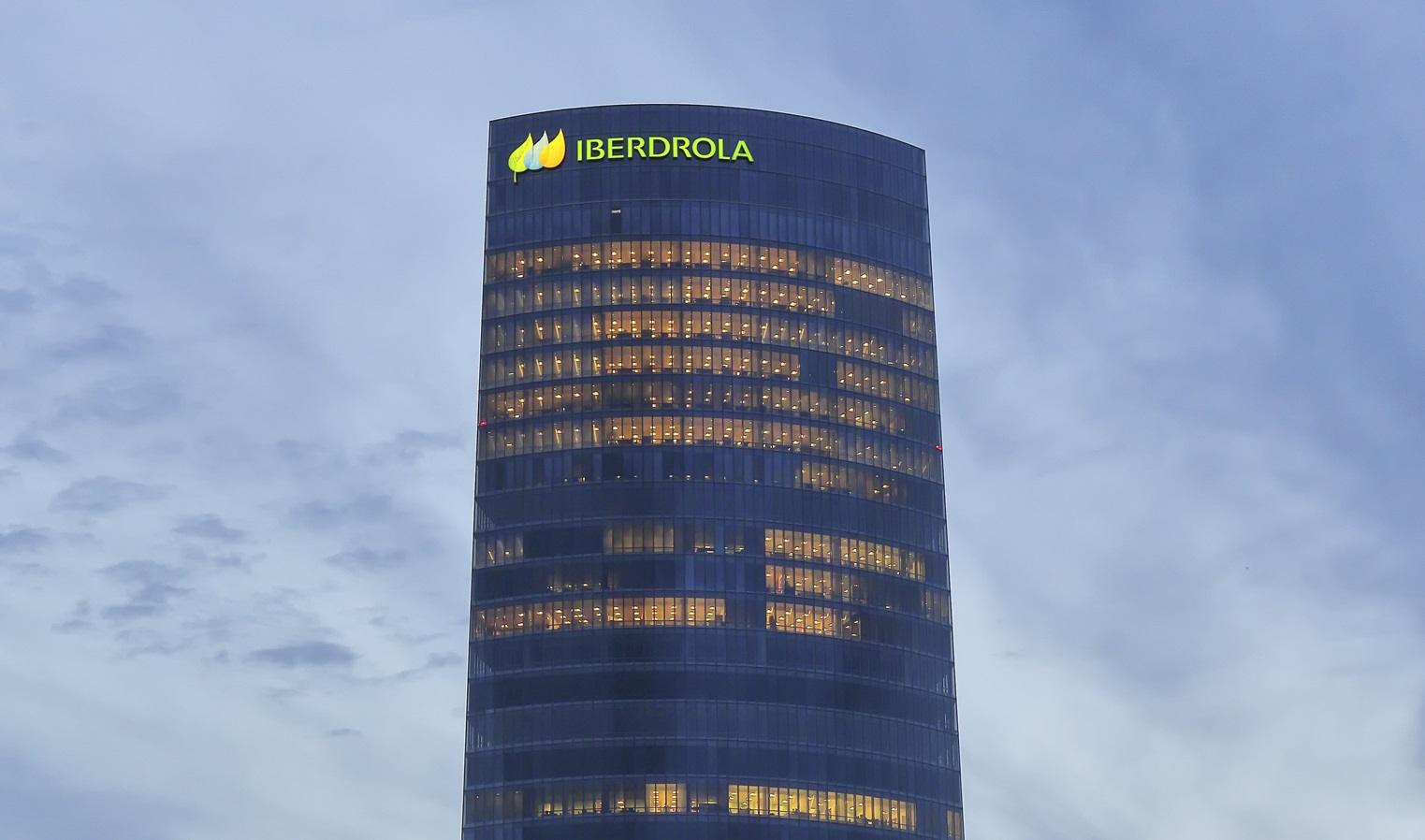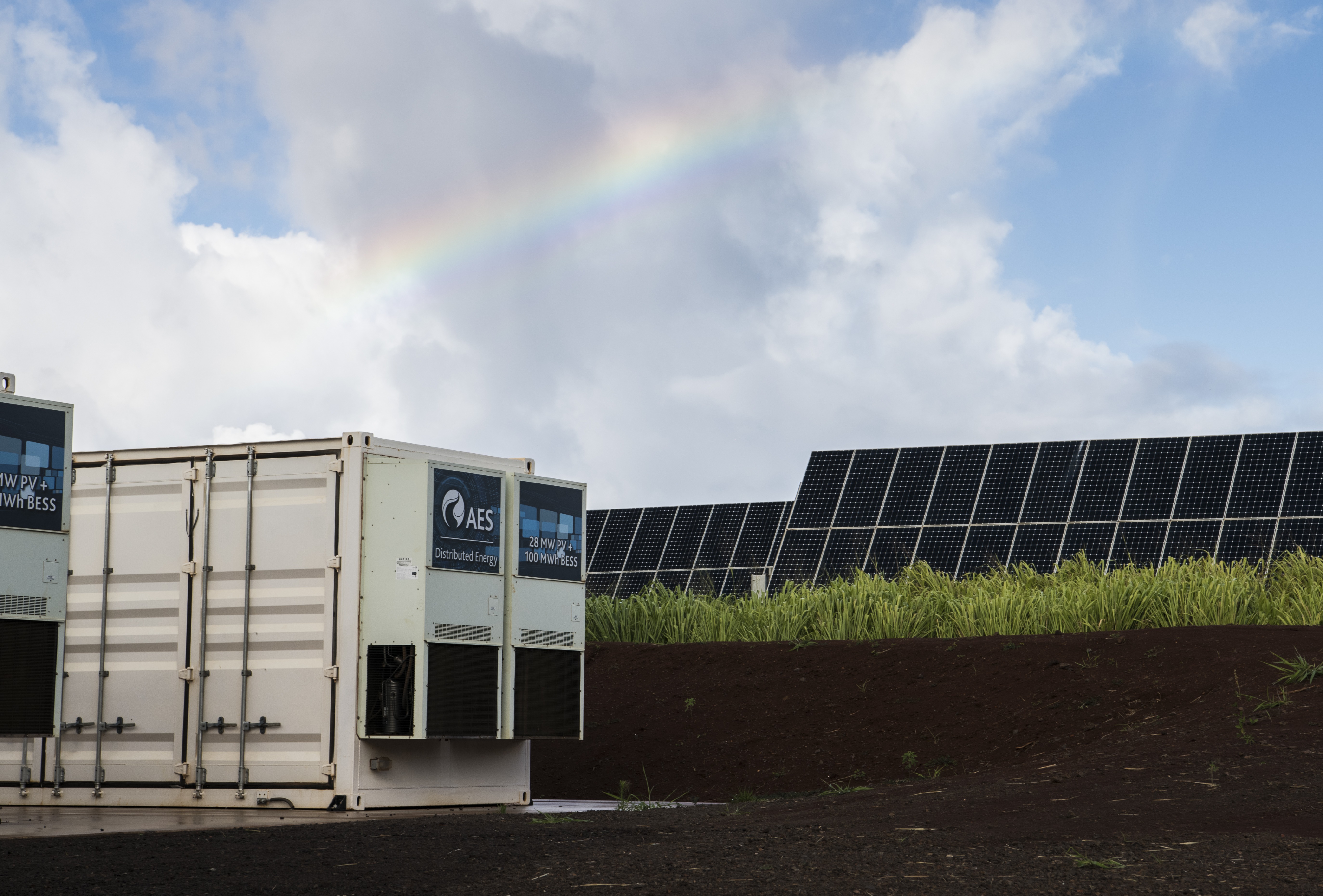Apple's latest initiative to restore coastal redwood forests in California underscores a significant commitment to sustainability and carbon neutrality. The company is investing in the Gualala River Forest, a vital ecosystem that supports diverse wildlife and local economies. This project, in collaboration with The Conservation Fund, aims to protect at-risk landscapes while generating carbon credits through sustainable forest management. By integrating this initiative into its broader Restore Fund, Apple is not only addressing environmental degradation but also positioning itself as a leader in corporate responsibility and ecological stewardship. The urgency of climate change necessitates such proactive measures, making Apple's actions particularly relevant in today's environmental discourse.
The implications of Apple's forest restoration project extend beyond immediate carbon credit generation; they reflect a strategic alignment with the company's ambitious goal of achieving carbon neutrality by 2030. With a target to reduce global emissions by 75% from 2015 levels, Apple is leveraging nature-based solutions to offset remaining emissions. The company has already made significant progress, achieving over 60% emissions reduction and aiming to remove 9.6 million metric tons of carbon annually through these initiatives. As Lisa Jackson, Apple's Vice President of Environment, Policy, and Social Initiatives, emphasizes, forests represent a powerful tool for carbon removal, and Apple's investments not only enhance biodiversity but also stimulate local economies, showcasing a holistic approach to environmental and social responsibility.







